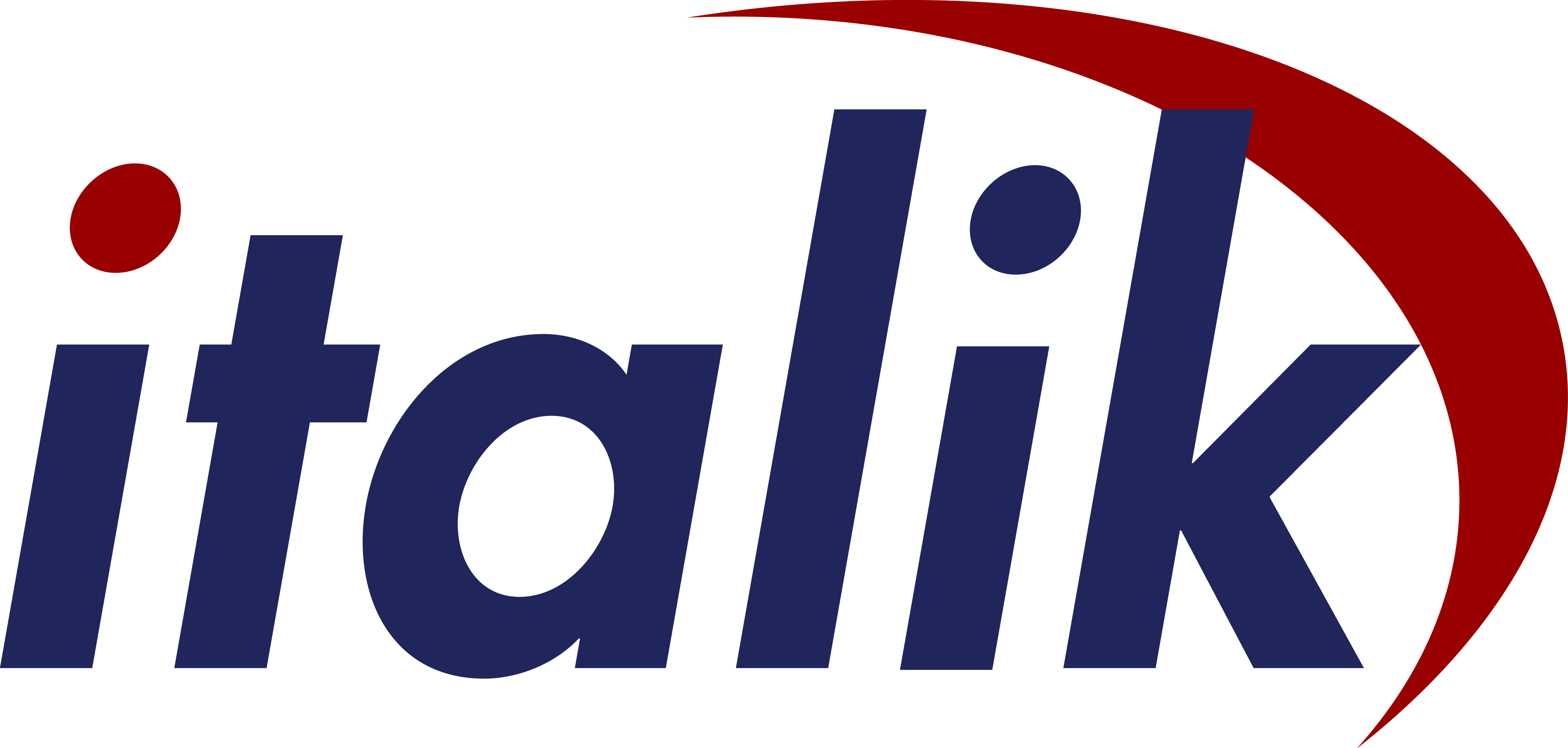In the modern world, everyone has a smartphone with the capabilities to install multiple applications, store files, photos, and emails. The line is often blurred when staff are permitted to use personal phones for work purposes. But what implications can this have on your business?
GDPR in the UK came into effect in 2018, this forced us to look at where private/personal data has been stored and why. Most staff using mobiles will have their emails configured and although additional methods such as MFA can be used to increase email security on those devices, you are still liable to a GDPR breach if a device is stolen.

So, how can we look to reduce this risk? The use of a mobile device management system (MDM) would be the first port of call. By enrolling devices in an MDM system, you can control the device in a multitude of ways. Let’s take a look at Cisco Meraki as an example, not only can you enrol workstations and laptops into this MDM solution, but there is a mobile deployment option which can be configured on both IOS and Android devices, meaning that all your company assets are held within the same system. This is a major benefit, as it helps to support your service desk with asset management and device allocations across all platforms.
There are a few deployment choices, but the highest security enrolment method is device owner mode where administrators have full control over the entire device.
This enrolment configuration includes features such as setting policies i.e., a minimum passcode requirement, denying private accounts being configured, only permitting approved applications, and locking down the app/play store to name a few. Given that, the number one cause of malware on mobile devices is through downloading dodgy applications, by removing the ability to install unapproved apps you are significantly proactively reducing the risk of infection.

There are a few deployment choices, but the highest security enrolment method is device owner mode where administrators have full control over the entire device.
This enrolment configuration includes features such as setting policies i.e., a minimum passcode requirement, denying private accounts being configured, only permitting approved applications, and locking down the app/play store to name a few. Given that, the number one cause of malware on mobile devices is through downloading dodgy applications, by removing the ability to install unapproved apps you are significantly proactively reducing the risk of infection.


